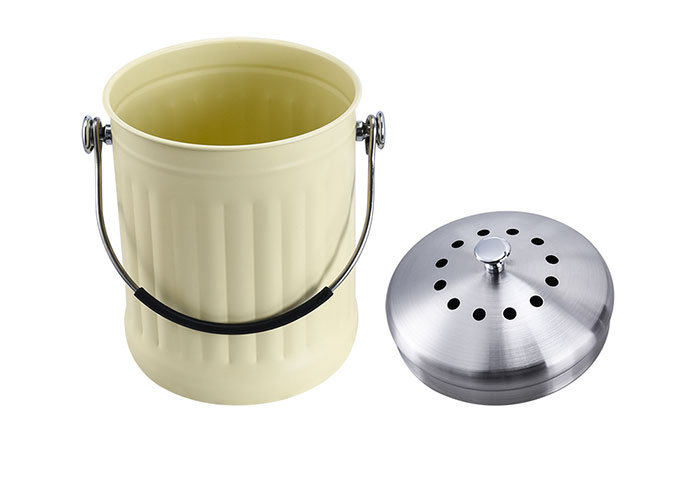Composting bins become essential part of sustainable living for many
Composting Bins Become Essential Part of Sustainable Living for Many
In today's fast-paced world, the need for sustainable living practices has never been more urgent. As people become more aware of the impact their daily activities have on the environment, they are looking for ways to reduce their carbon footprint and conserve natural resources. One of the easiest and most effective ways to do this is by using composting bins.
Composting bins have become an essential part of sustainable living for many individuals and communities. These bins provide a convenient way to collect organic waste at home or in public places and convert it into rich compost that can be used to improve soil fertility and enhance plant growth. By using composting bins, people can easily divert organic waste away from landfills and contribute to a more sustainable lifestyle.
The benefits of composting bins are numerous. Firstly, they help to reduce the amount of organic waste sent to landfills, where it would otherwise decompose and emit greenhouse gases such as methane. By composting organic waste, people can help to mitigate climate change and contribute to global efforts to reduce greenhouse gas emissions.

Secondly, composting bins provide a valuable source of organic matter that can be used as a natural fertilizer and soil amendment. The compost produced from organic waste is rich in nutrients that are essential for plant growth and soil fertility. Using compost instead of synthetic fertilizers helps to reduce the environmental impact of gardening and landscaping activities, as it is a sustainable and environmentally friendly alternative.
Moreover, composting bins help to create a more circular economy by converting waste into a useful resource. Instead of treating organic waste as disposable, people can use composting bins to transform it into a valuable product that can be used in gardens, parks, and other green spaces. This circular approach to waste management helps to reduce the amount of resources being discarded and wasted, while also creating a sustainable source of fertility for plants.
For individuals who are new to composting, there are many different types of composting bins available on the market, ranging from simple to more advanced designs. There are even composting bins specifically designed for small spaces, such as apartments or small gardens. These bins often feature easy-to-use designs and require minimal space, making them suitable for a wide range of applications.
To ensure successful composting, it is important to follow a few basic guidelines. Firstly, ensure that the composting bin is located in a shady, well-drained area away from strong winds or direct sunlight. Secondly, add only organic waste to the bin, such as leaves, grass clippings, and fruit and vegetable scraps. Avoid adding plastic, paper, or other non-organic materials that cannot be decomposed. Finally, maintain proper moisture levels in the compost by watering it regularly and turning the mixture occasionally to encourage aerobic decomposition.
In conclusion, composting bins have become an essential part of sustainable living for many people. By using these bins, individuals can easily divert organic waste away from landfills, reduce their carbon footprint, create a valuable source of organic matter for gardens and landscaping, and contribute to a more circular economy. As the demand for sustainable practices continues to grow, it is likely that more people will adopt composting as a core component of their waste management strategy and contribute to creating a more environmentally friendly world.
